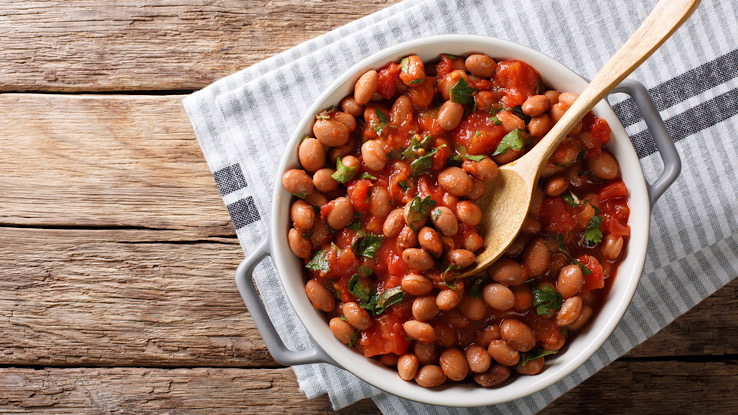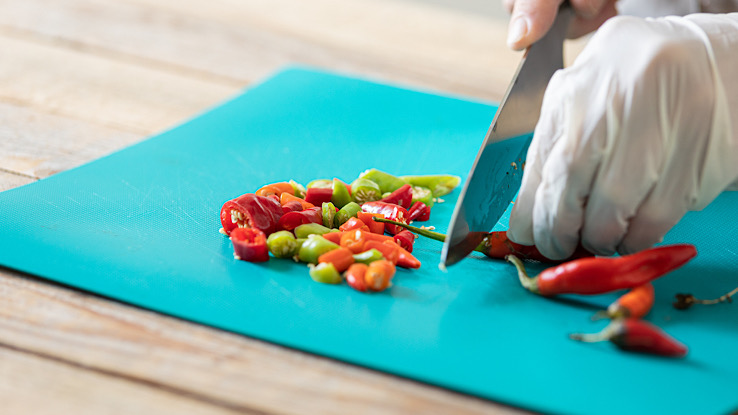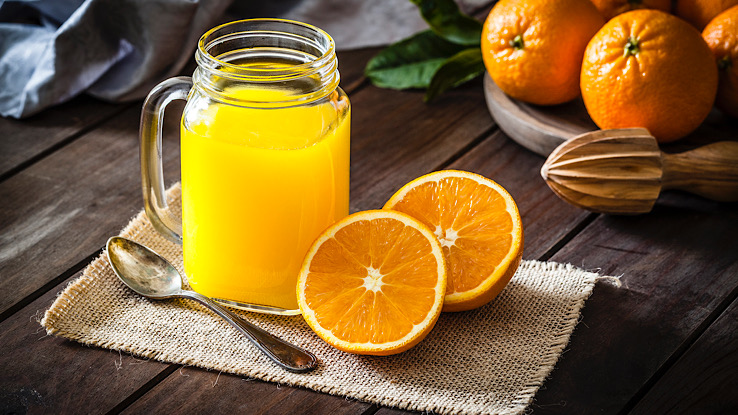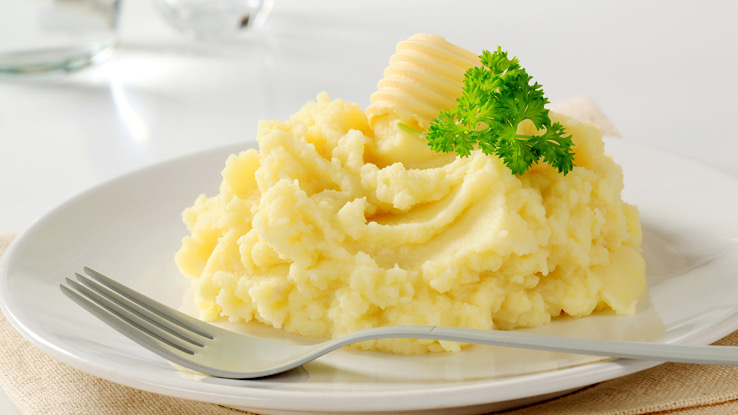
Indigestion can be a painful and comfortable experience. If you have indigestion often, there may be a good reason for your stomach troubles. Many of the most common foods are some of the hardest to digest. Read this list to learn why these foods are hard on your stomach and how to ease the discomfort they can cause.
Chicken Nuggets

Fried foods, in general, are hard for your digestive system to process: they’re greasy and high in fat, both of which can lead to stomach issues. However, chicken nuggets are one of the most tummy-troubling fried foods. Each small piece of the chicken nugget is fried from side to side and coated in grease, so eating this food can severely strain your stomach. Try to avoid fried foods and stick to chicken that’s been baked or grilled instead.
Beans

Everyone knows that beans have long been associated with flatulence or gas problems. However, the problem is worse if you decide to eat a large serving of beans when they aren’t a regular part of your diet. Slowly add beans into your everyday diet instead; this allows your body to build up the enzymes it needs to process the beans better. You can also cook them to help break the beans down a little before eating them.
Hot Peppers

Eating hot peppers, such as cayenne or jalapeno, may make your meals more interesting. However, too much spicy food can upset your stomach and give you heartburn. Even if you drink milk or add sour cream to cool down the flavors, you’re still ingesting the spicy foods causing indigestion. Use hot peppers sparingly, or choose milder peppers instead.
Raw Onions

Onions are packed with phytonutrient compounds, many of which are suitable for heart health. However, some of these compounds irritate the stomach. To make them easier to digest, cook your onions. If you still want some health benefits, mix in a small number of raw onions in your food – but don’t overdo it. The same principle applies to similar foods, including garlic, shallots, and leeks.
Citrus Juice

Citrus juice has health benefits, especially when it isn’t loaded with sugar. But, citrus juices can also be challenging to digest when you consume too much. The acidity of these drinks plays a significant role in the indigestion they can cause. It’s best to drink citrus juices in moderation and avoid drinking them on an empty stomach.
Mashed Potatoes

The milk and heavy cream used to make mashed potatoes are what make them taste so good. Unfortunately, they’re also what make this rich comfort food hard to digest. Try preparing your potatoes another way, such as roasted or baked. If you crave the creamy goodness of mashed potatoes, make them lactose-free milk instead of low-fat milk or cream.
Chocolate

Many people will be sad to discover that chocolate can be hard for your body to digest, which usually is the case when people overindulge in this sweet treat. So eating chocolate in moderation will likely leave your stomach untroubled. However, if you have gastroesophageal reflux diseases, even small amounts of chocolate may leave you feeling ill.
Sugar-Free Gum

It’s not the gum itself that can cause indigestion – it’s the artificial sweetener called sorbitol added to the gum to make it taste better. The sorbitol causes gas to build up in your stomach and can lead to discomfort. Unfortunately, this ingredient is also found in many diet bars, diet shakes, and sugar-free candies — so check the packaging before purchasing. Other sugar substitutes are often a little easier on your stomach.
The good news about these foods is that you don’t have to avoid them altogether. In most cases, limiting your intake or making slight substitutions is good enough to ease your stomach troubles. See a doctor if anything is particularly troubling for your stomach, as a food allergy may be the cause.
Resource Links
- ”The influence of oral processing, food perception and social aspects on food consumption: a review” via Journal of Oral Rehabilitation
- “How and why do gastrointestinal peptides influence food intake?” via Physiology & Behavior
- “The role of polyphenols in modern nutrition” via Nutrition Bulletin
- “Dietary Fiber, Atherosclerosis, and Cardiovascular Disease” via Nutrients





